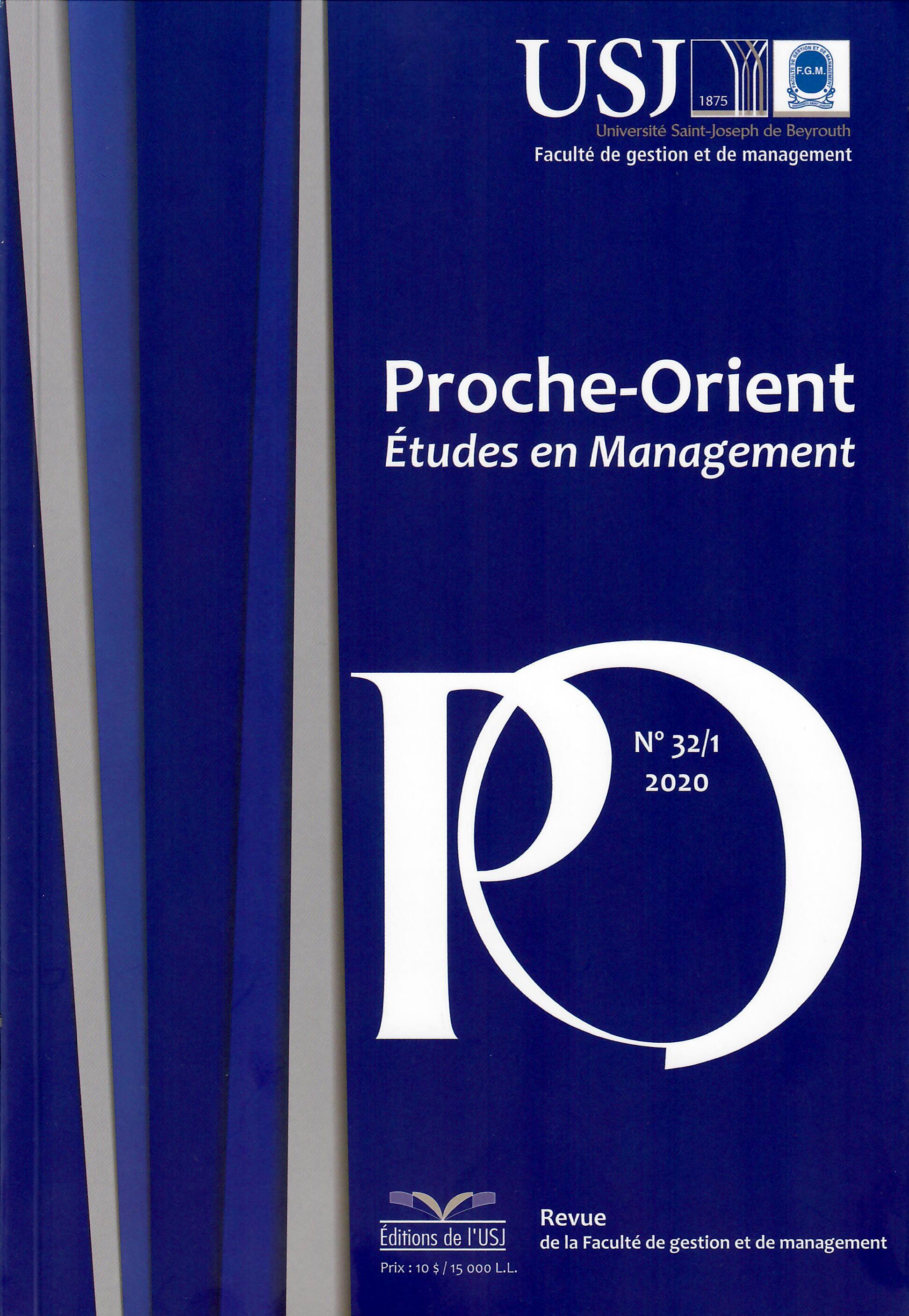Abstract
This paper investigates the under-representation of women in the decisionmaking positions in the political and economic spheres, mainly in the MENA Region. It aims to provide a new interpretation and analysis for the tool adopted by most of the countries – the women quota. This article tackles only the presence of women in the political domain as it is assumed that the women representation in politics initiates an accelerator effect all over the society.
The paper starts with a brief review of the context of quotas (gender quotas) in political representation and its evolution in the last two decades, especially in the arab Countries. It exposes then the literature and the researcher’s studies on the main countries motivations to support gender quotas as well as their empirical and theoretical results. This last part would present an analysis of the United Arab Emirates case based on the concept of « Nation Branding » by examining strategically their political discourse and their strategy of women empowerment and laws on quotas. We will attempt to theorize an additional motivation non discussed earlier in the “quotas” literature.
We aim via this paper to enrich the literature and the agenda of academic research on gender quotas by exposing the literature on other directions and perspectives.
We acknowledge that this study has the limitation of non-generalizability. With this attempt of theory building, our goal is to bring insight into state communication strategies in a non-Western environment, known for its commitment to traditions and religion and that, controversially, portrays itself as modern and cosmopolitan country supporting and empowering women.

